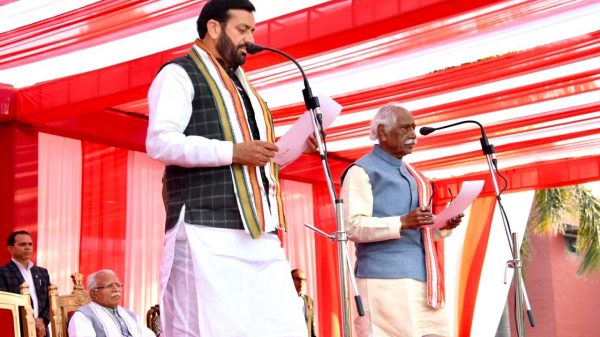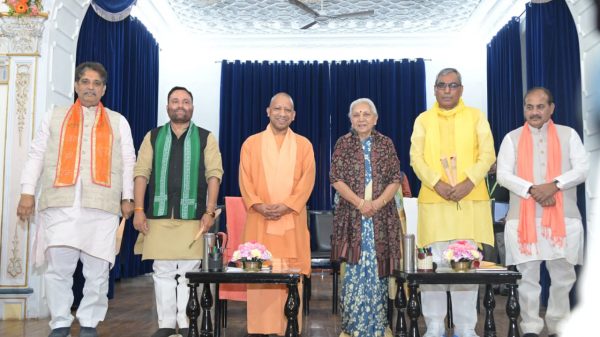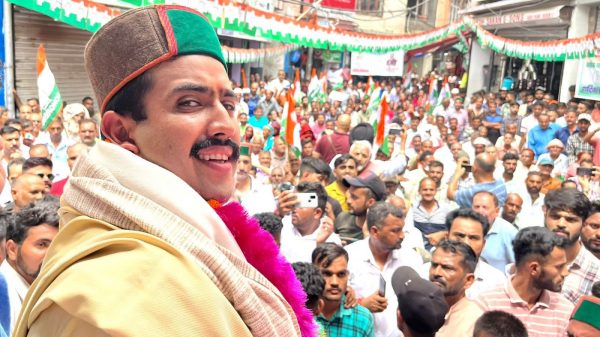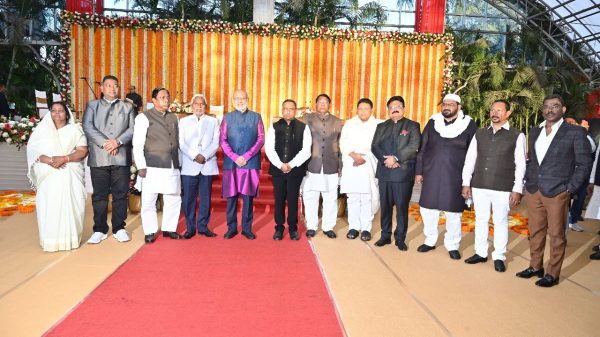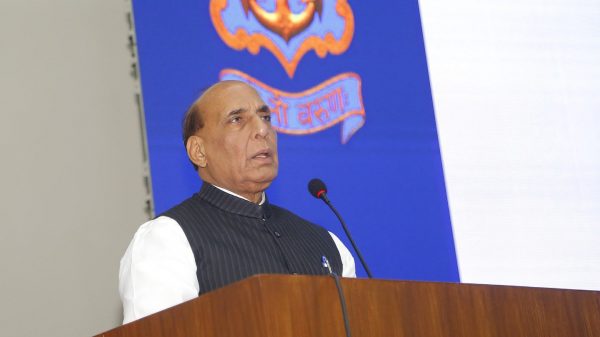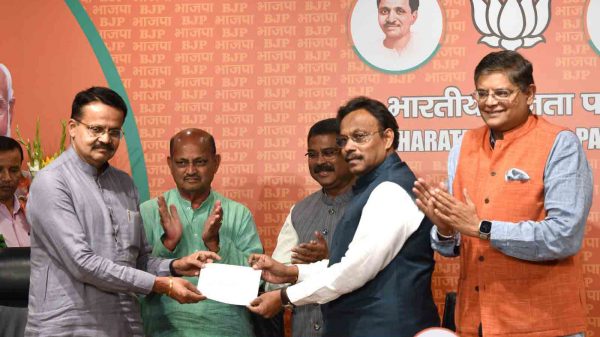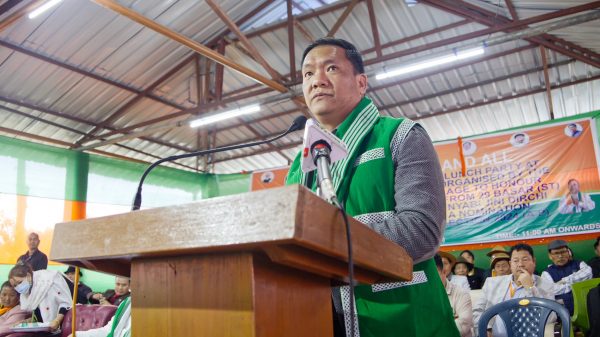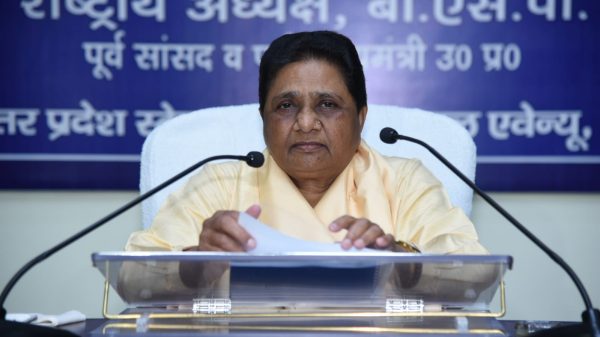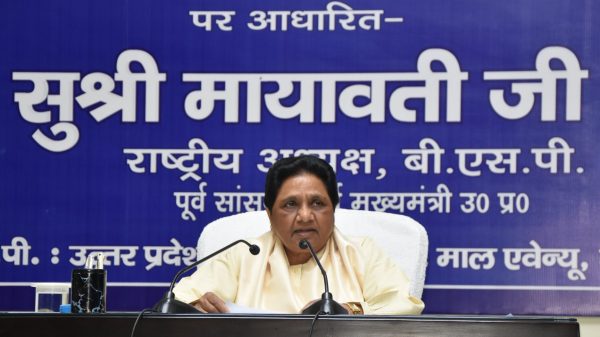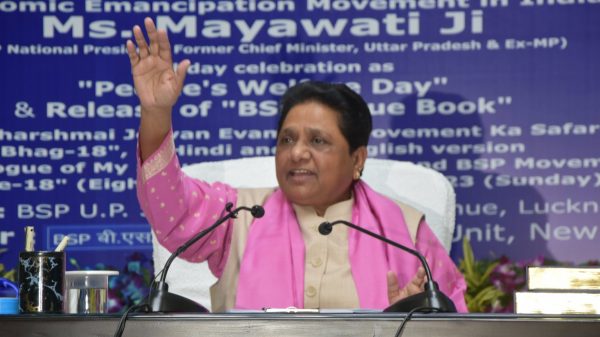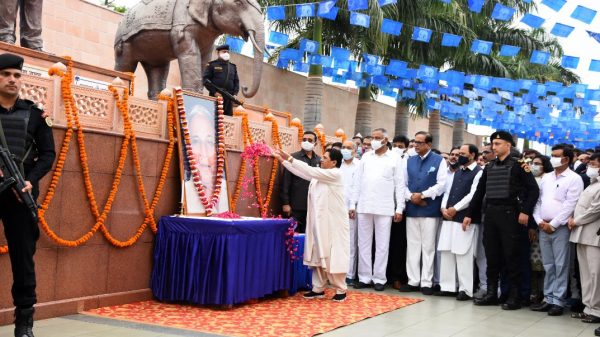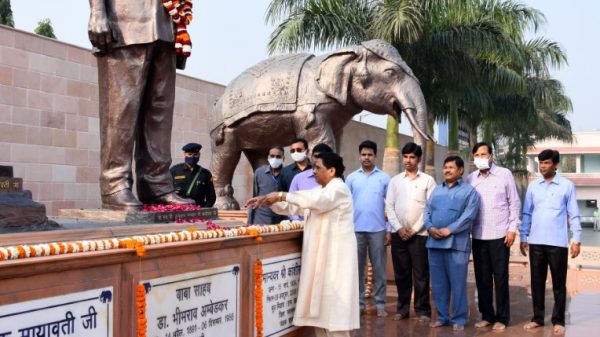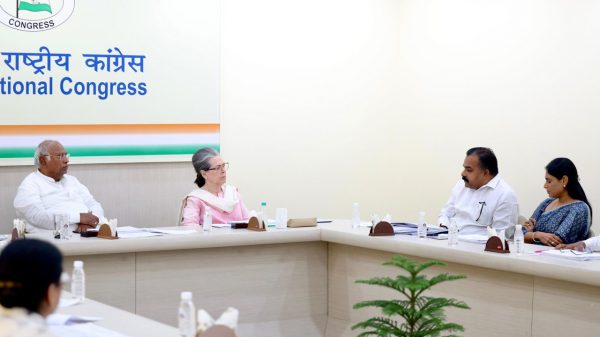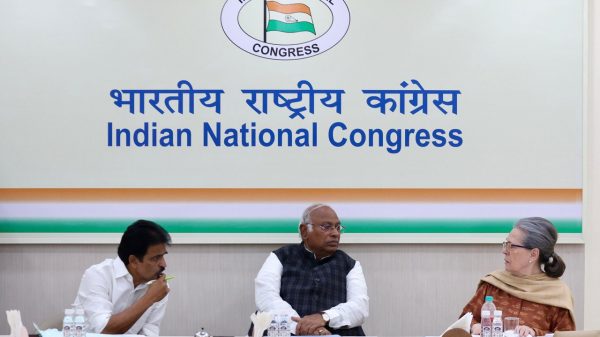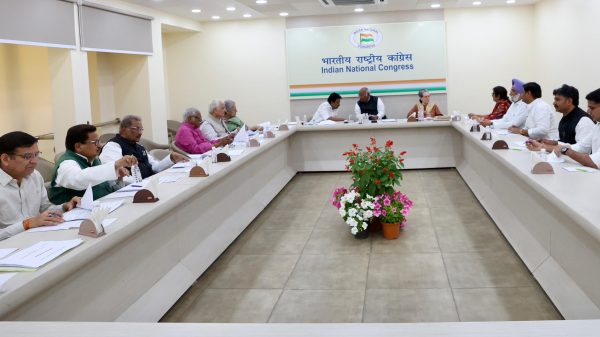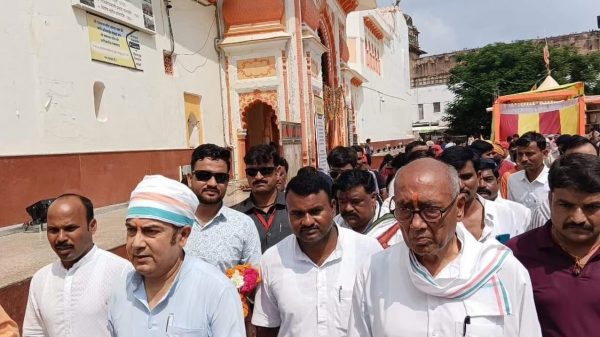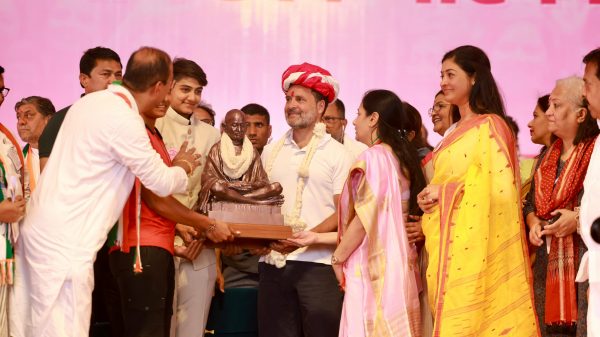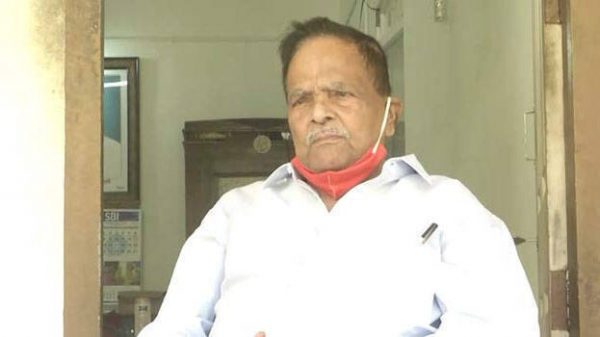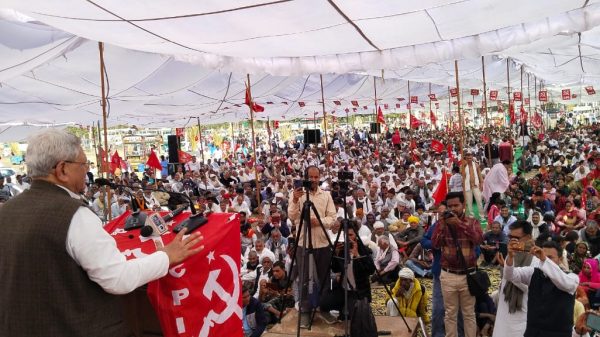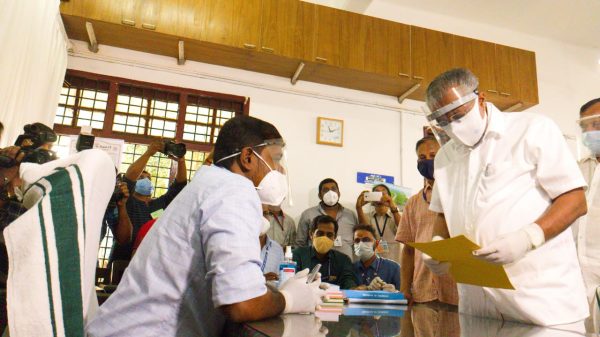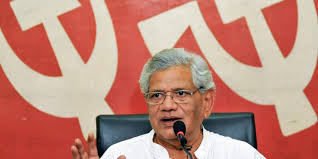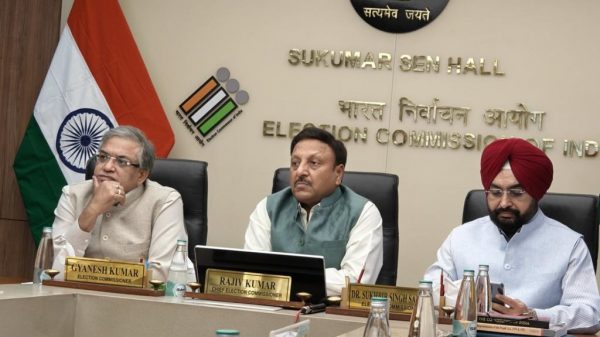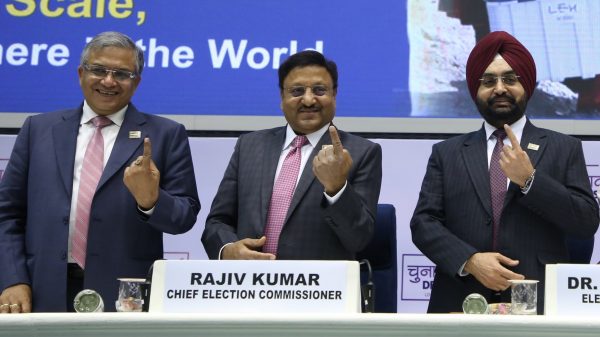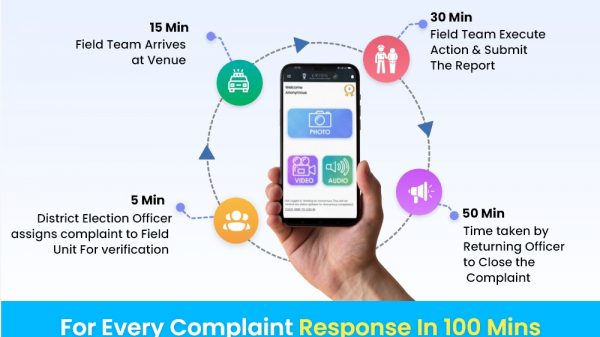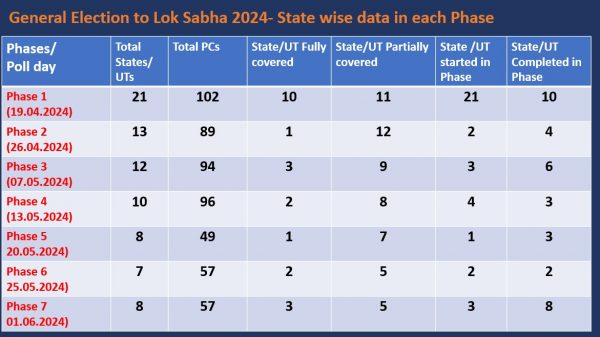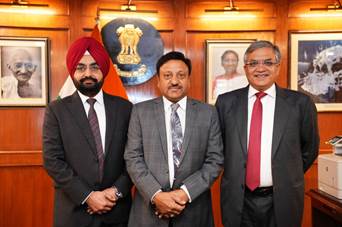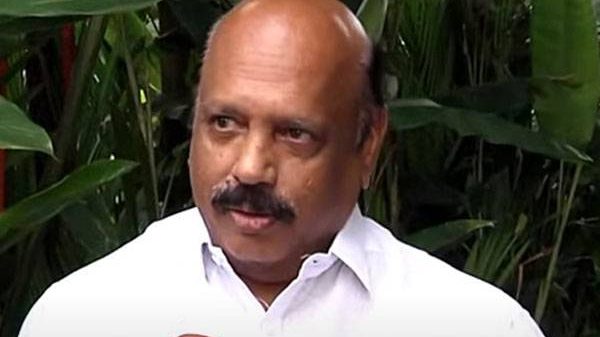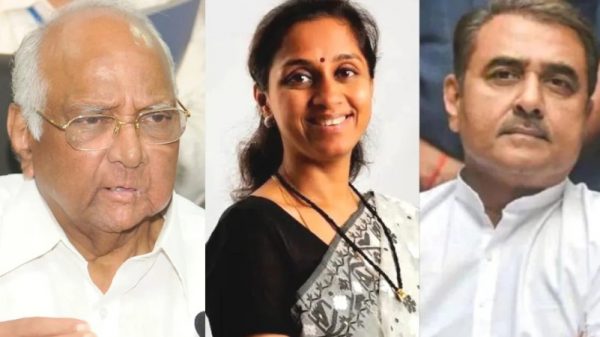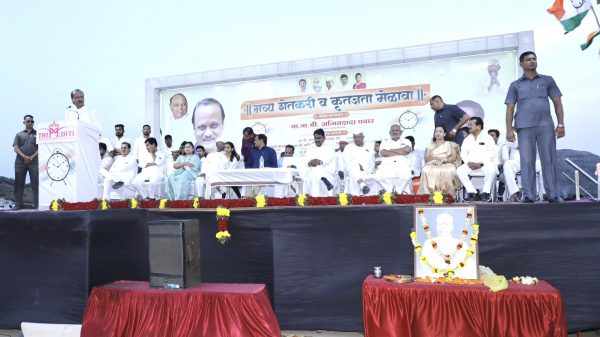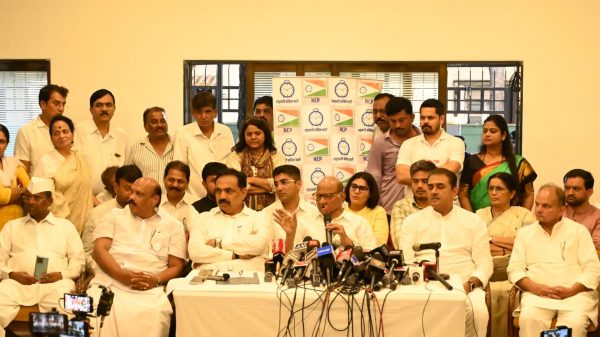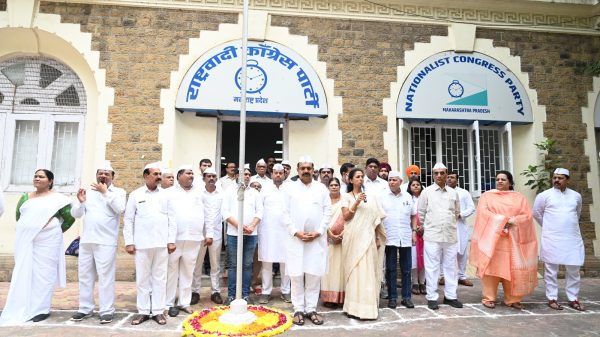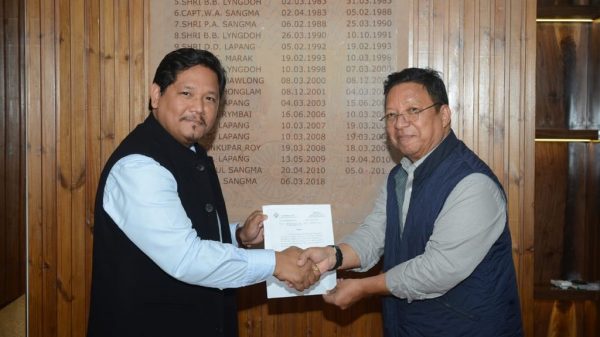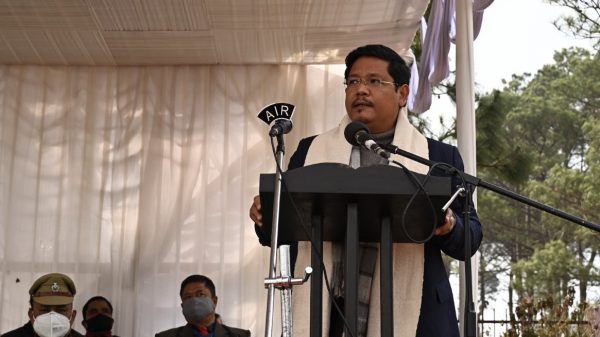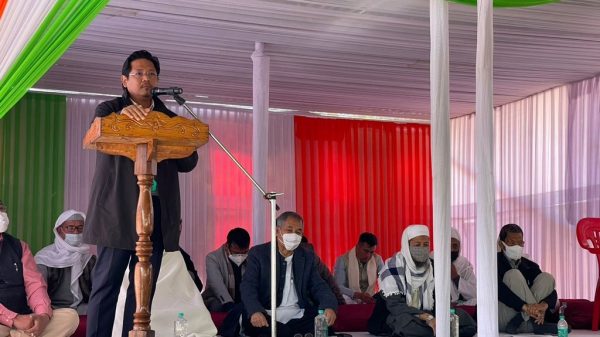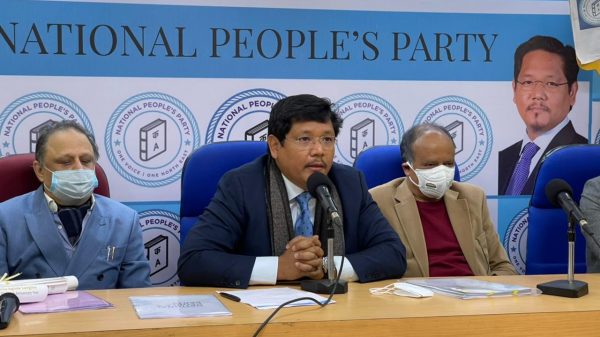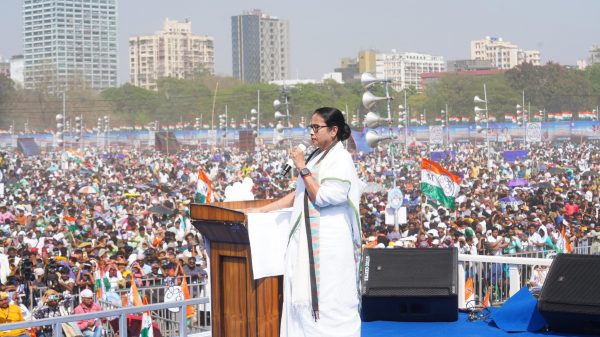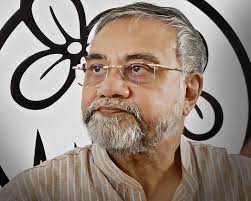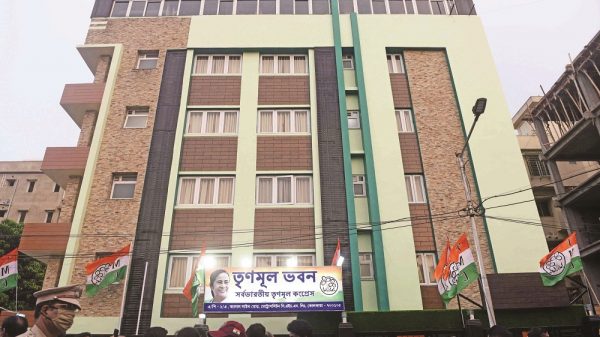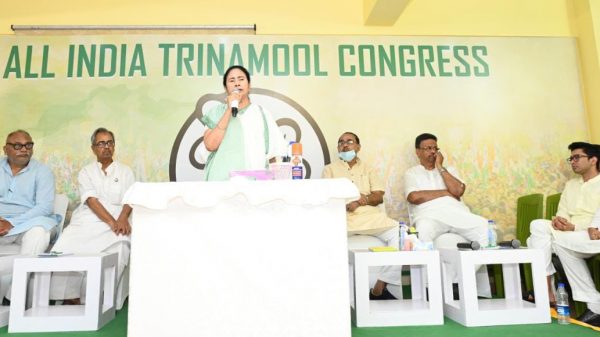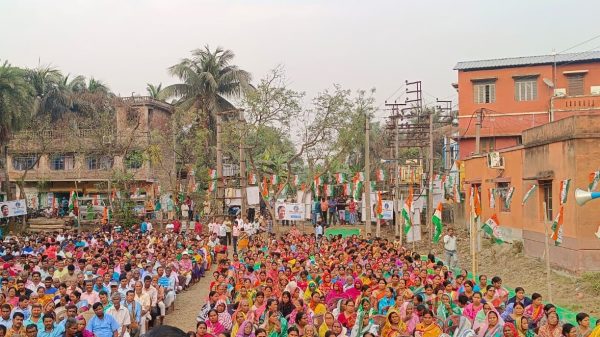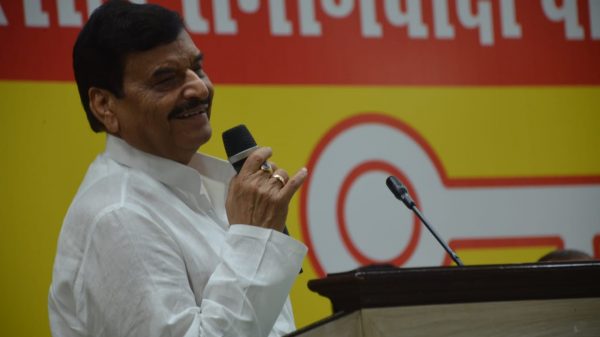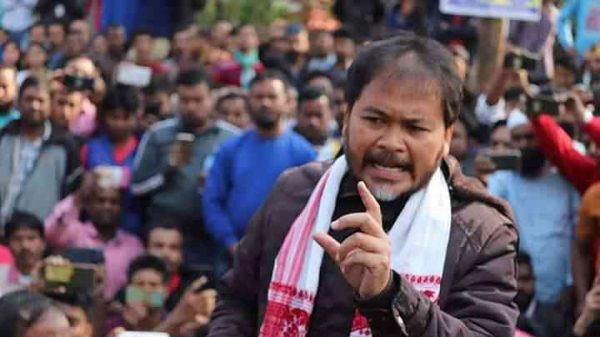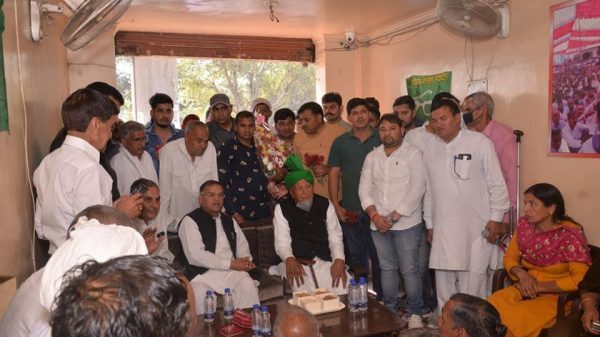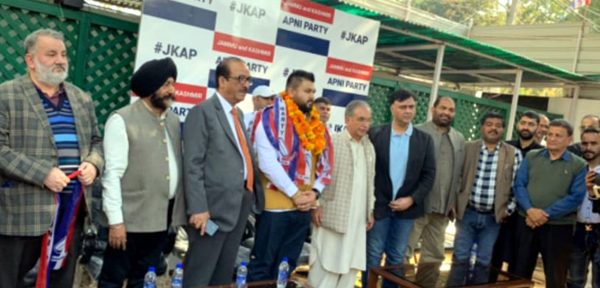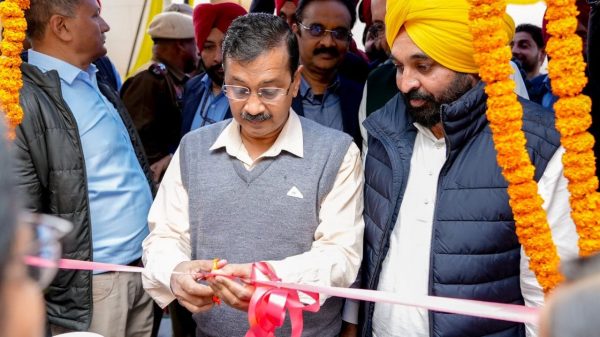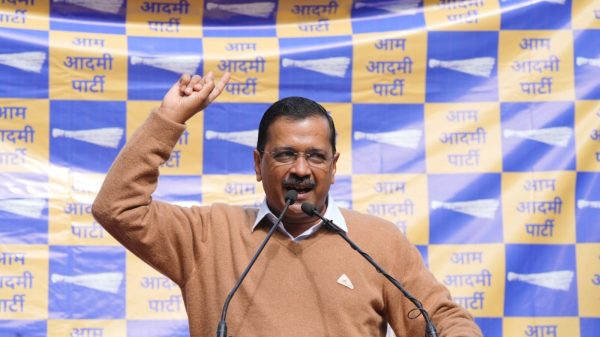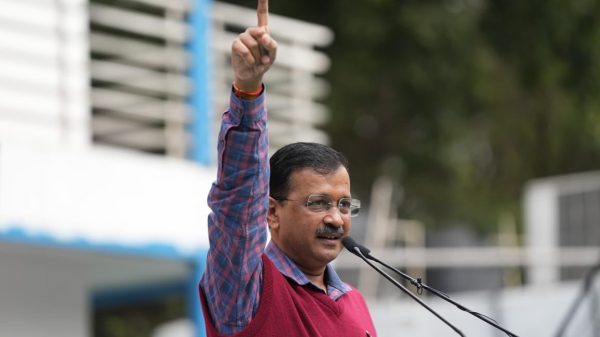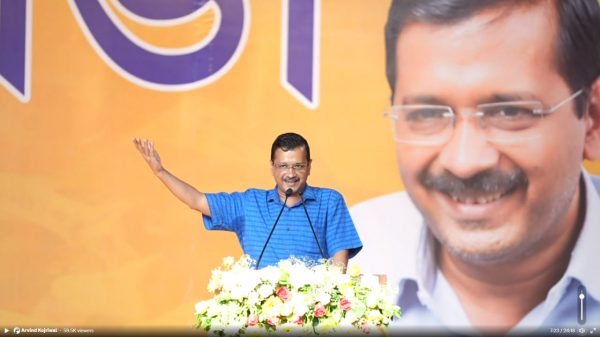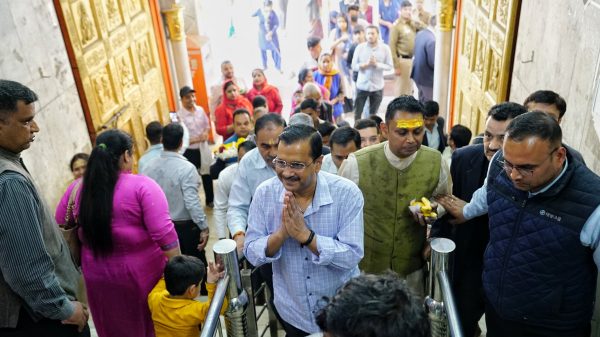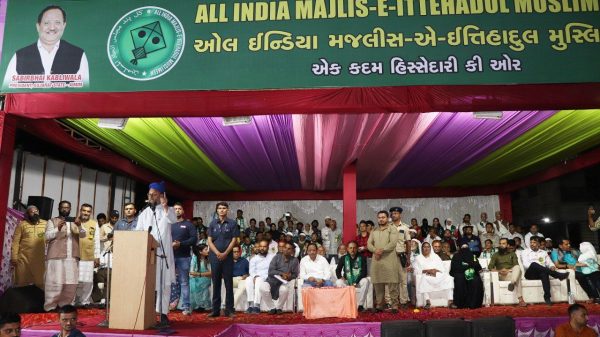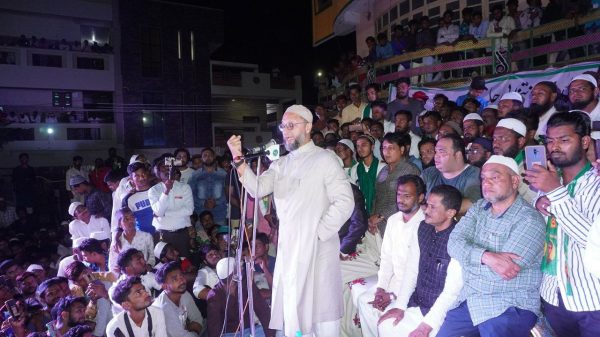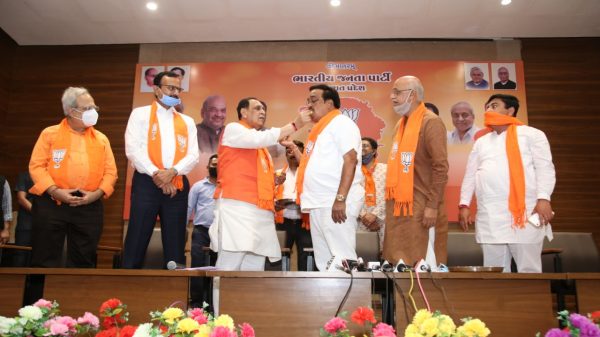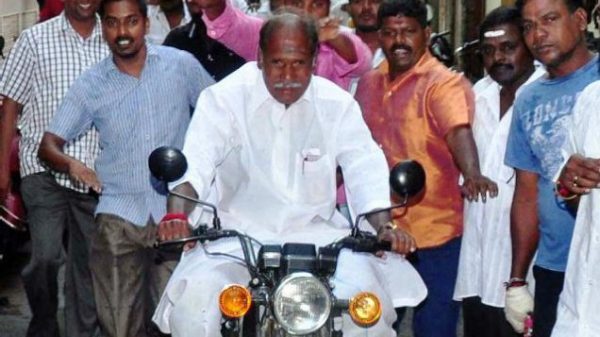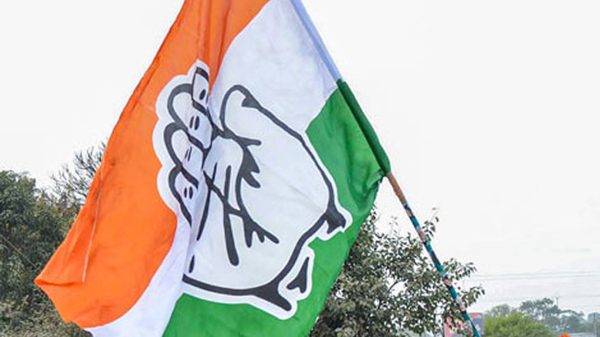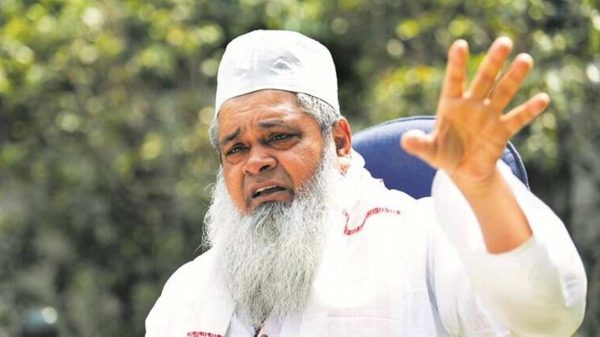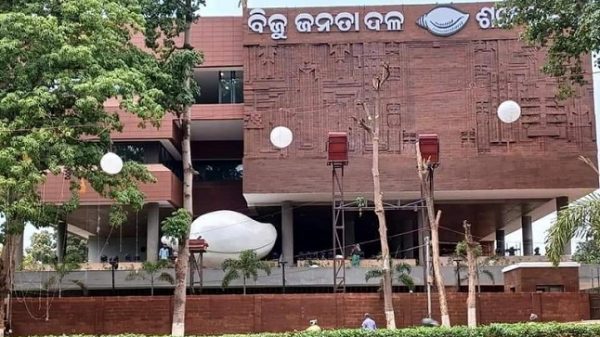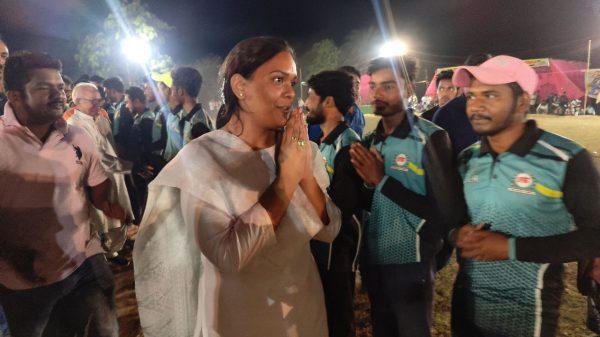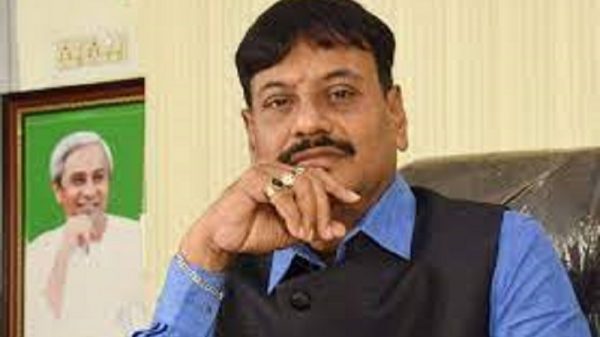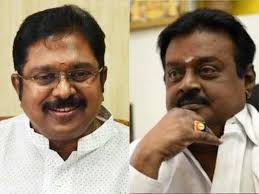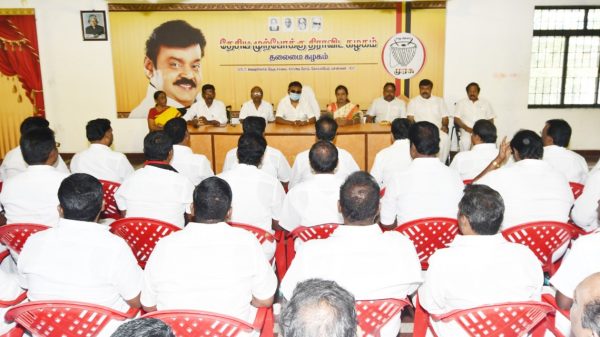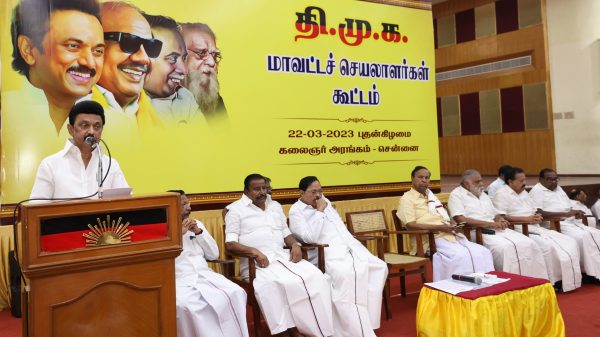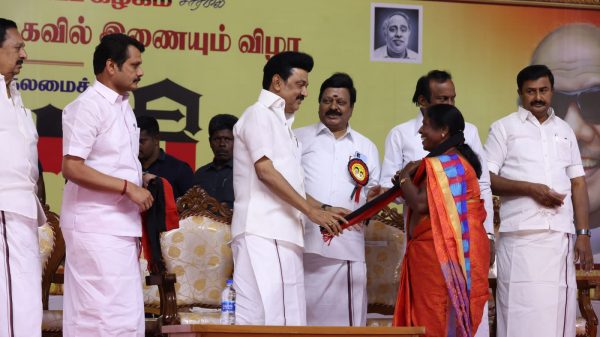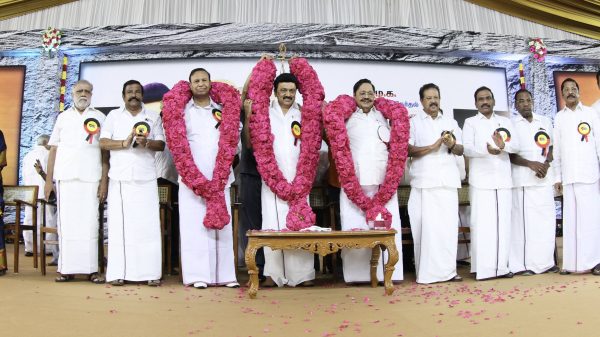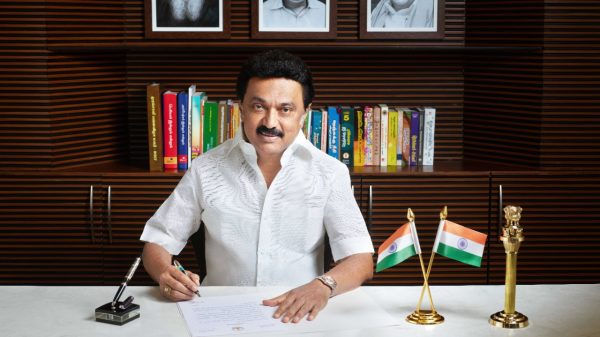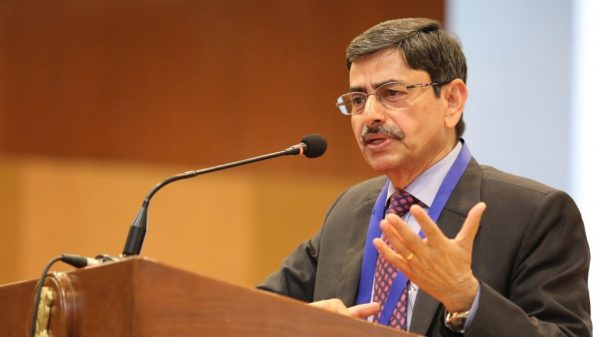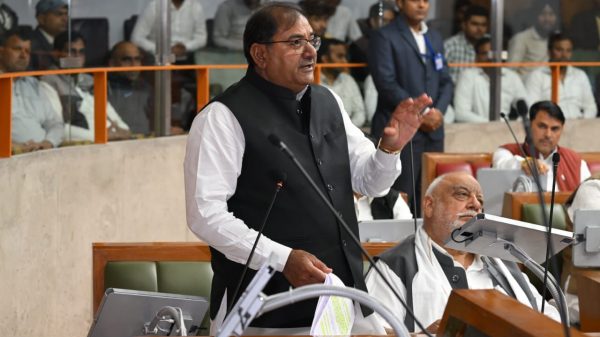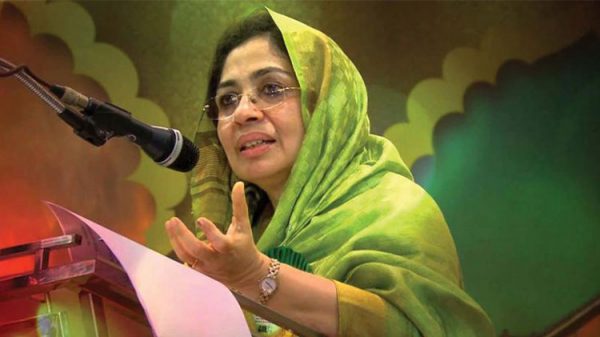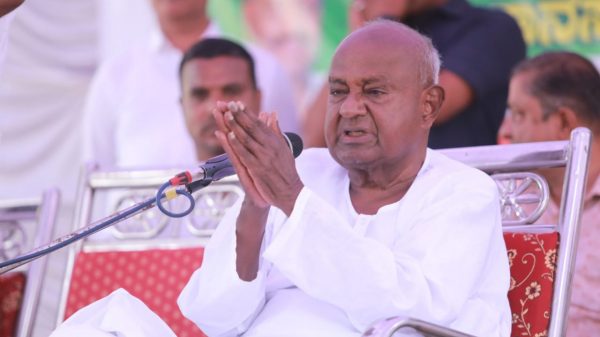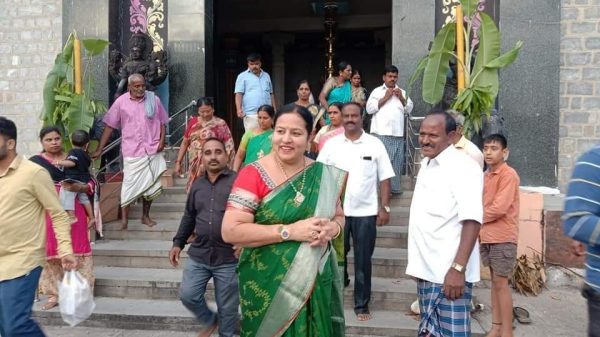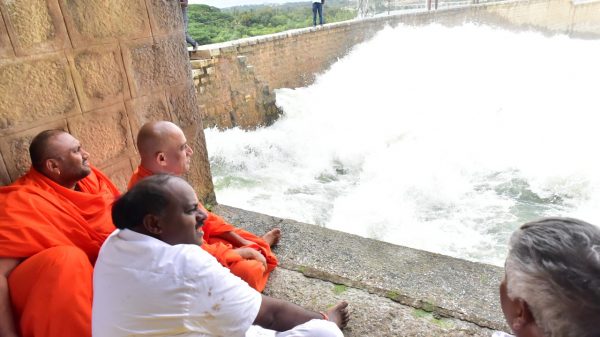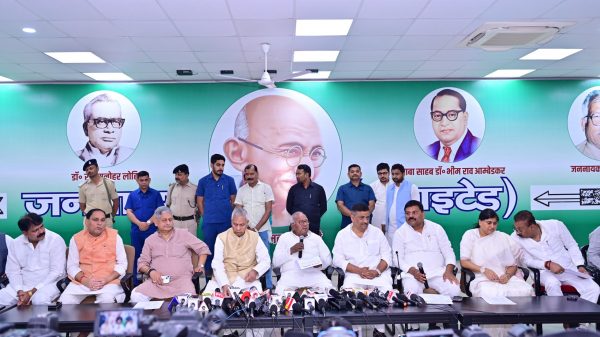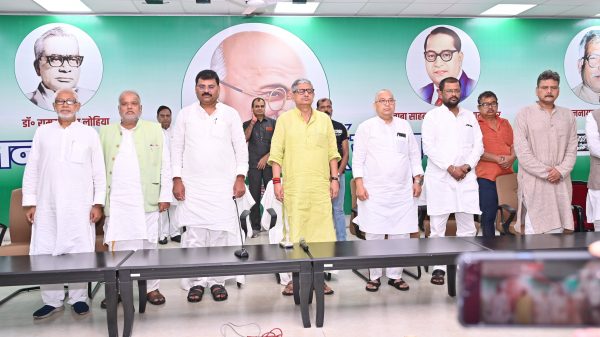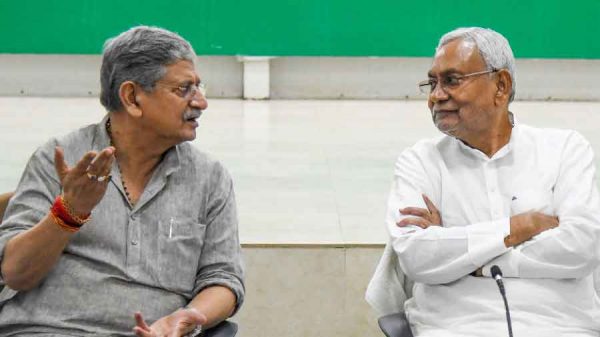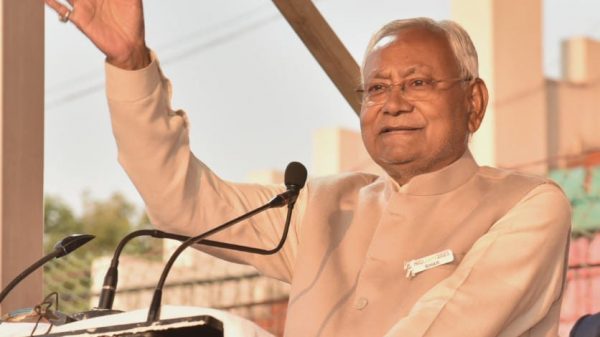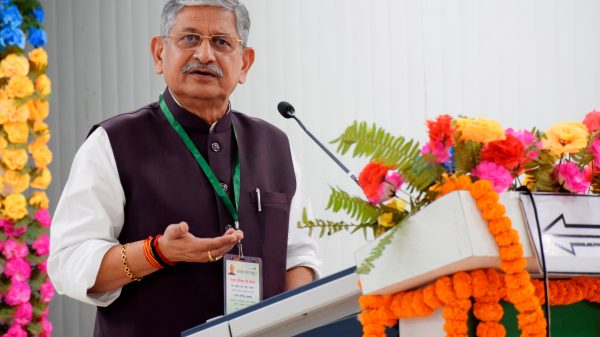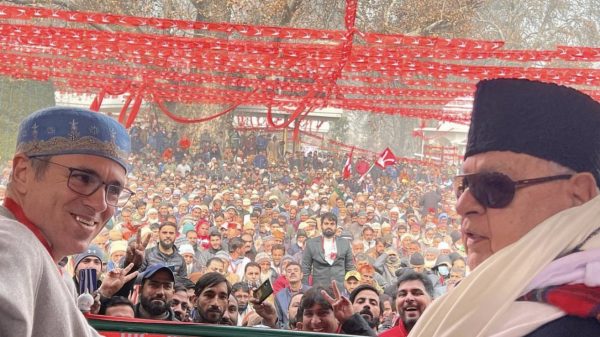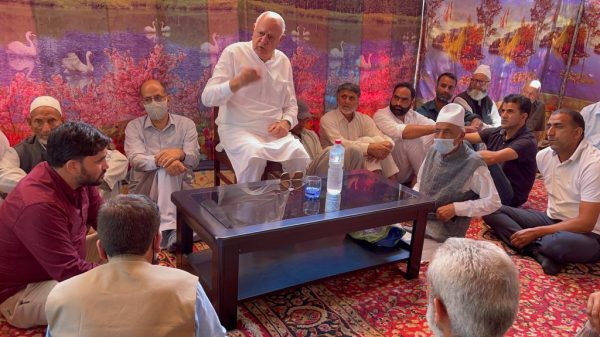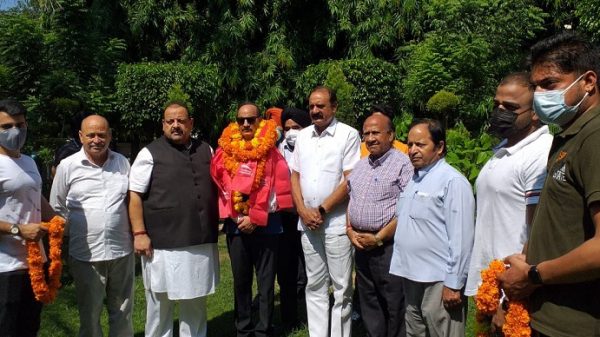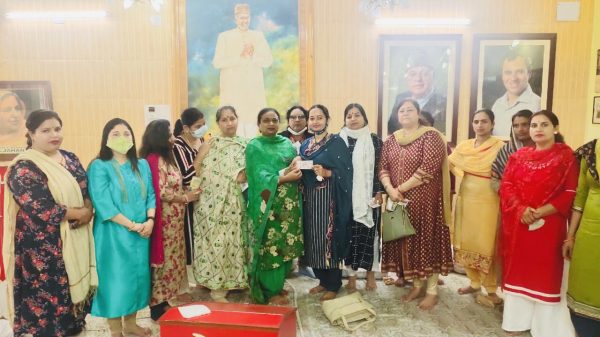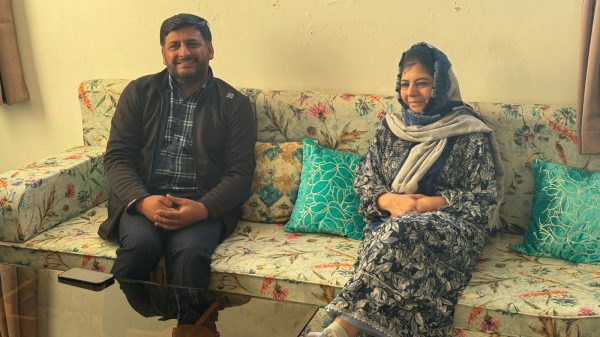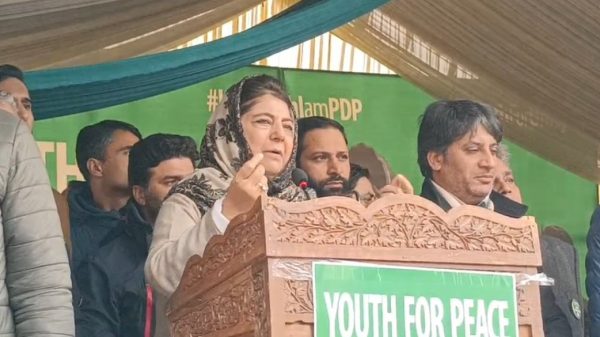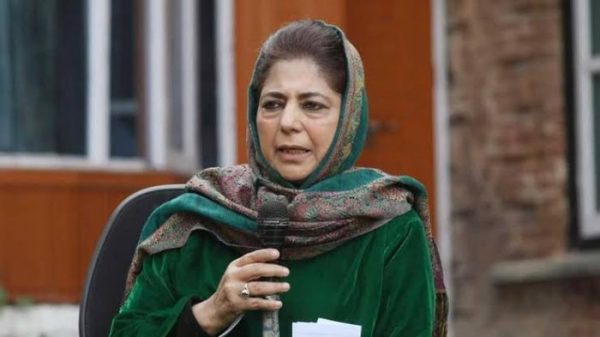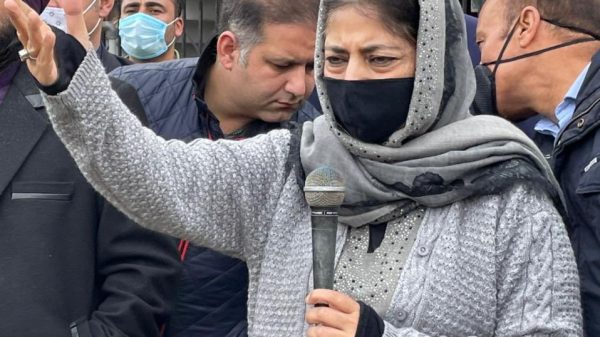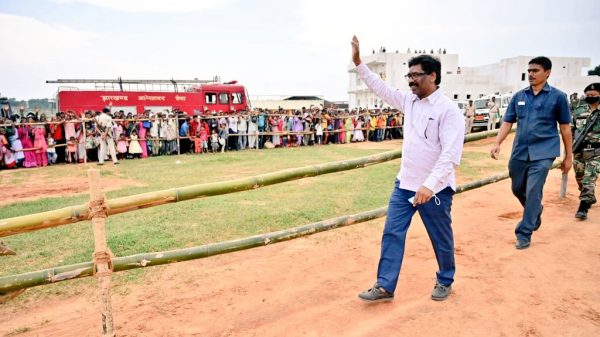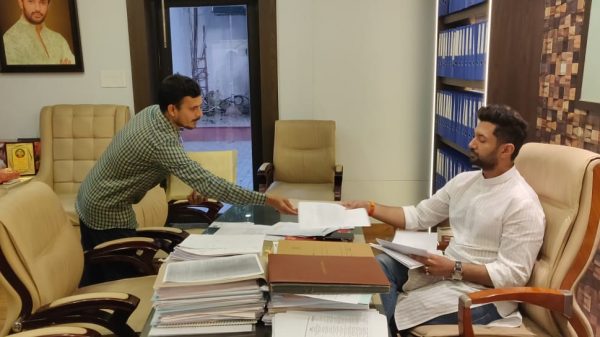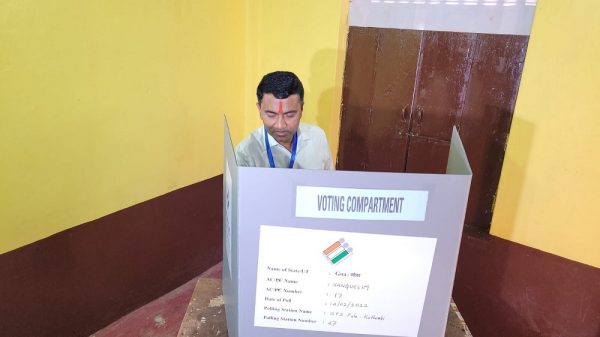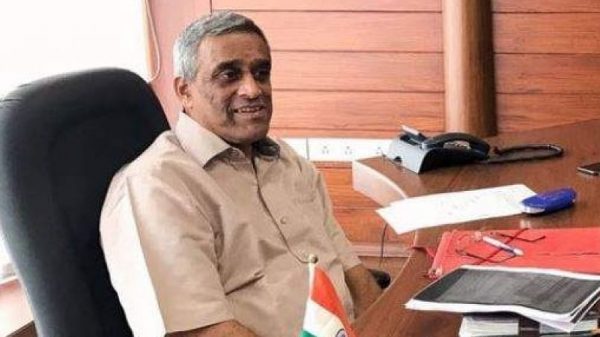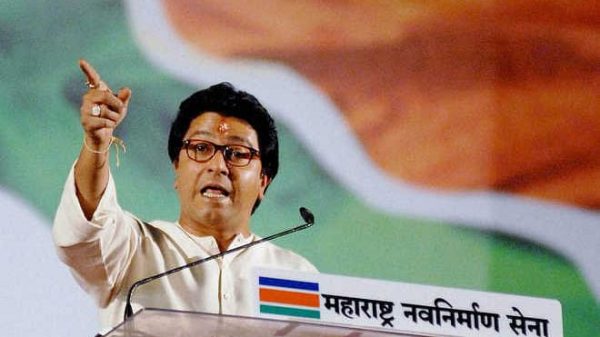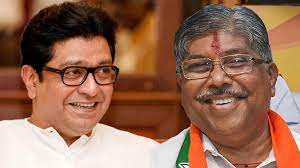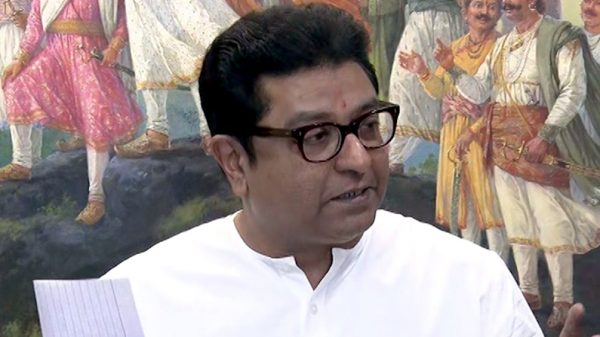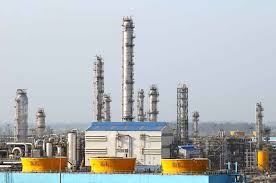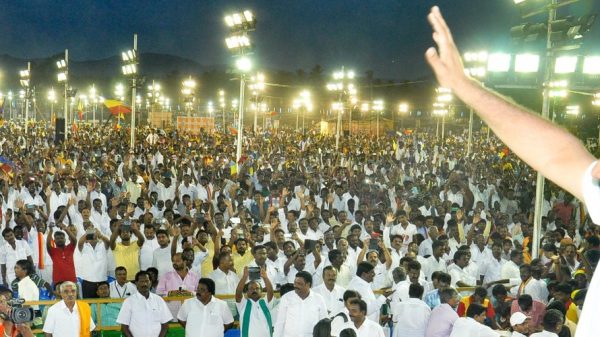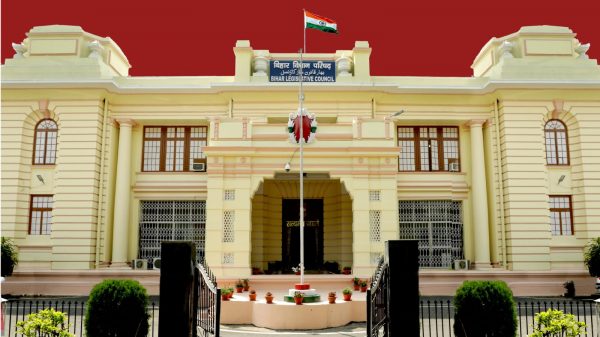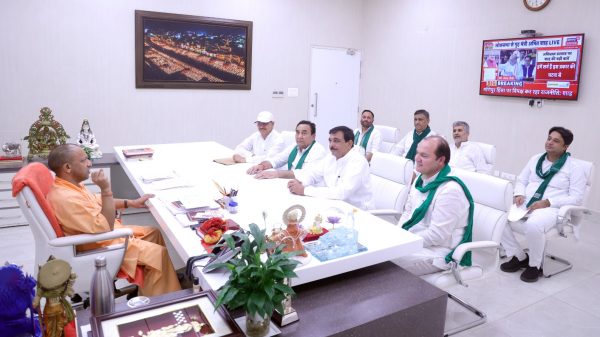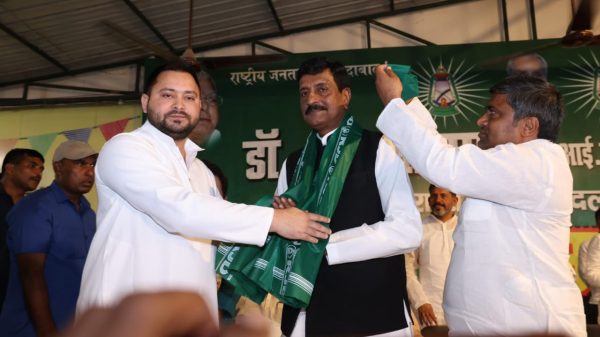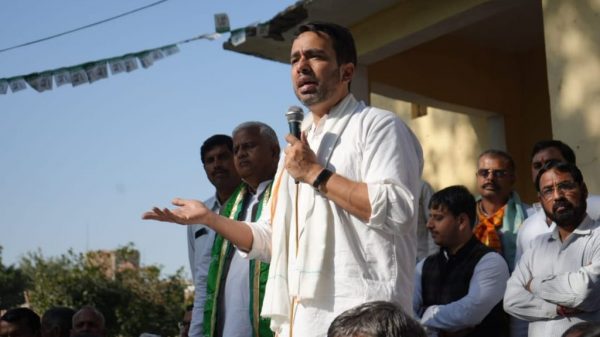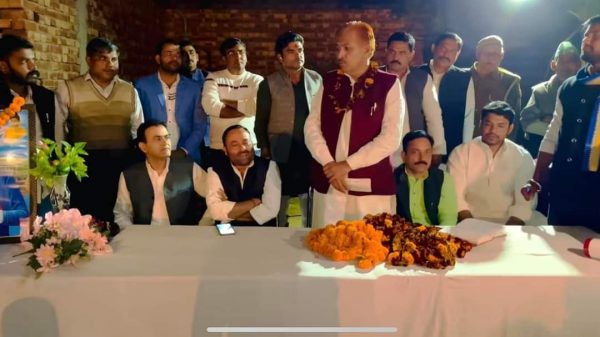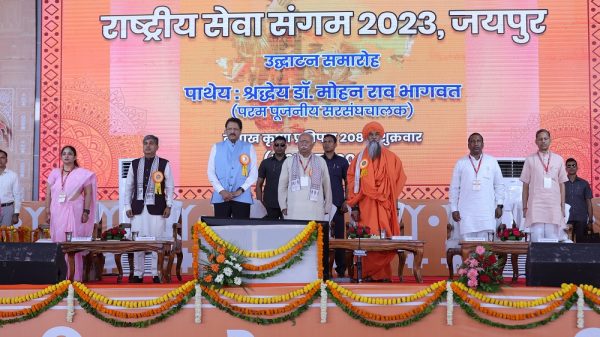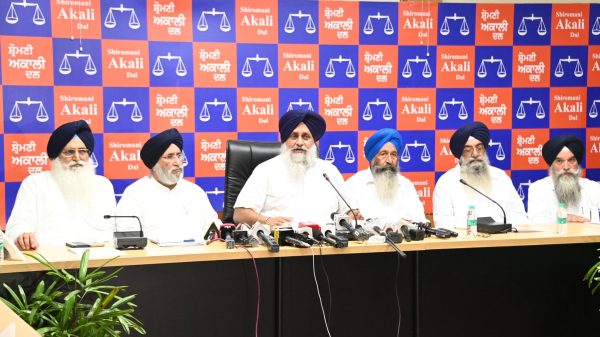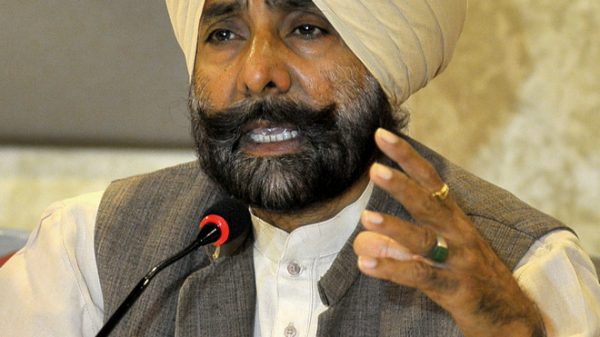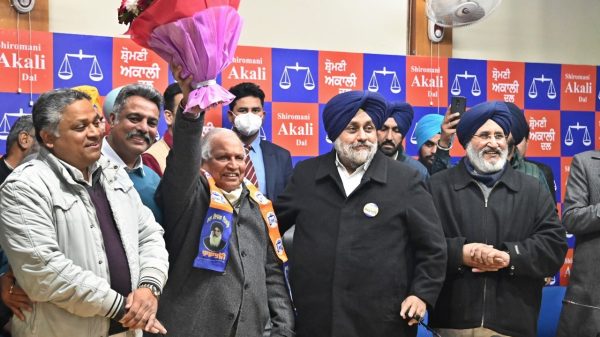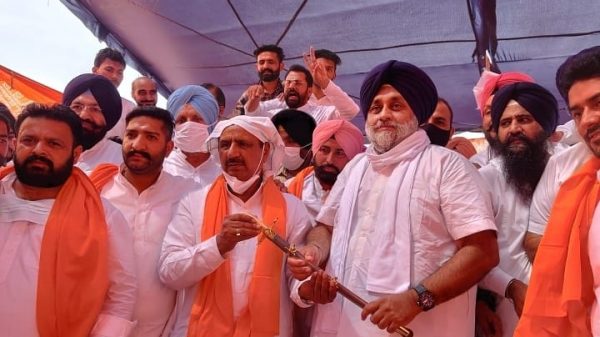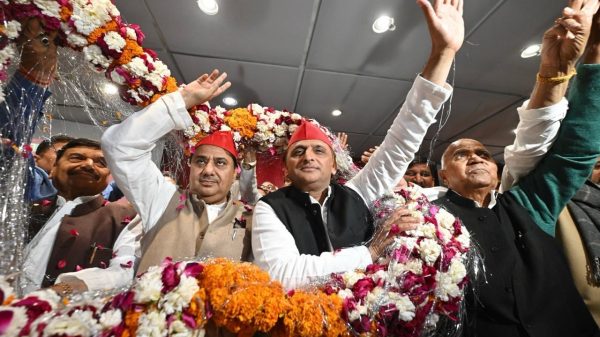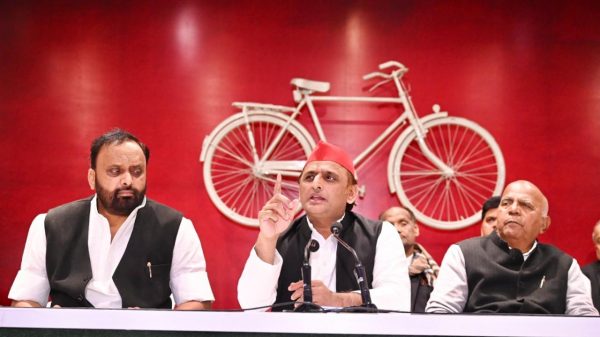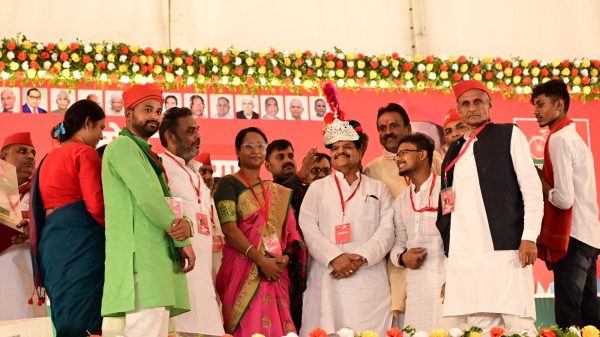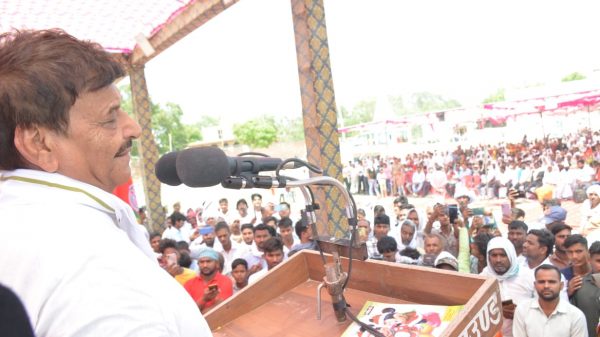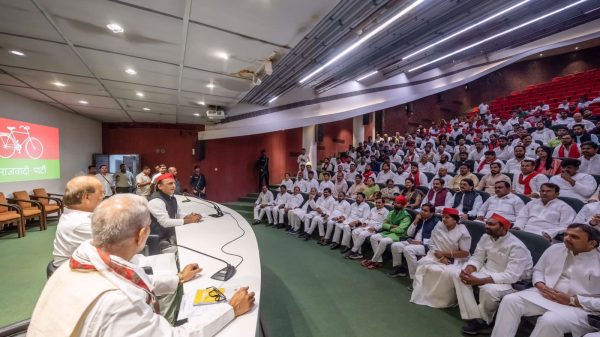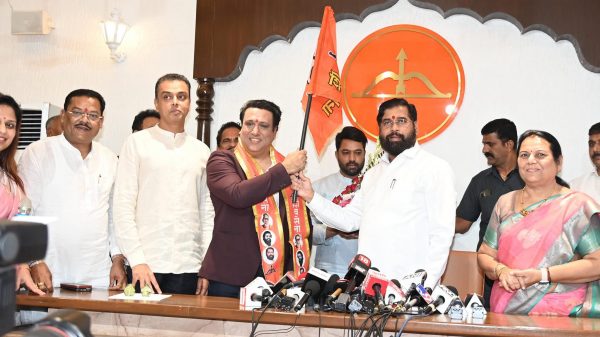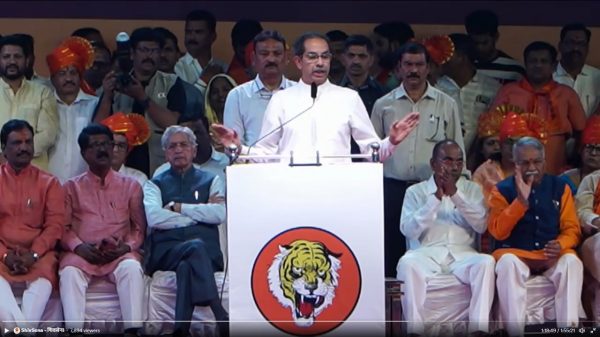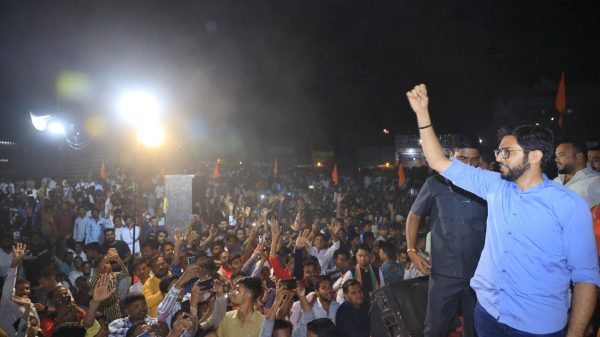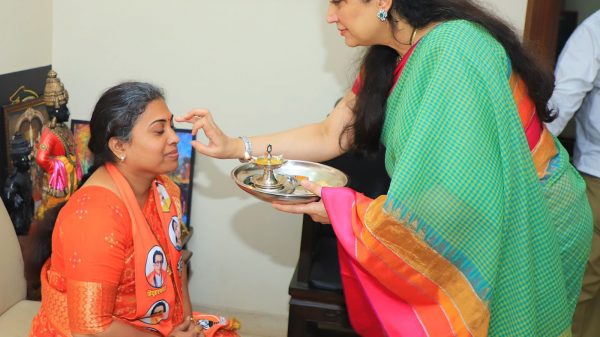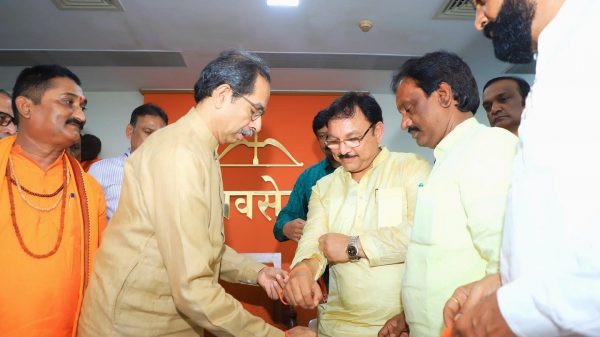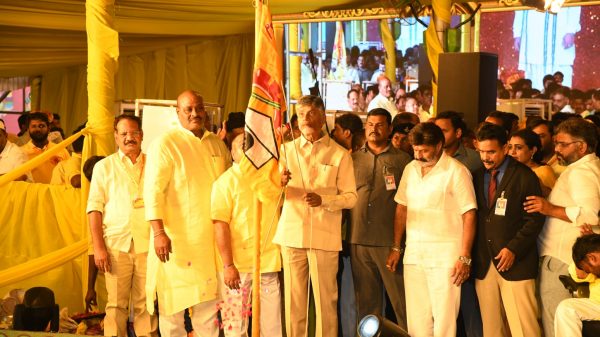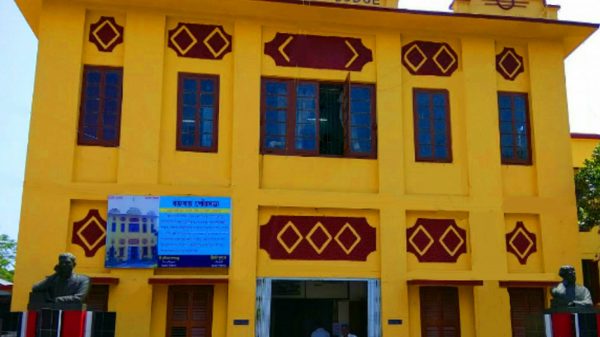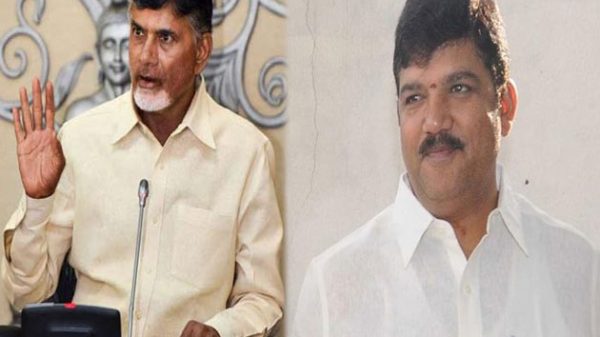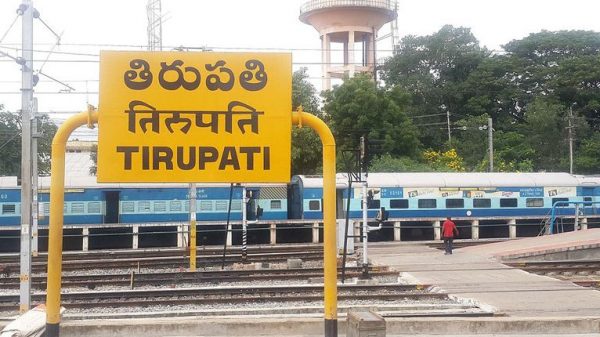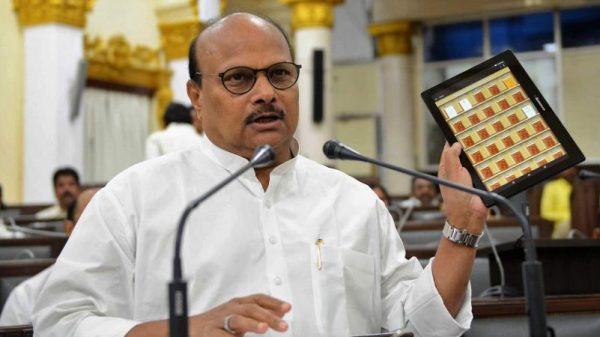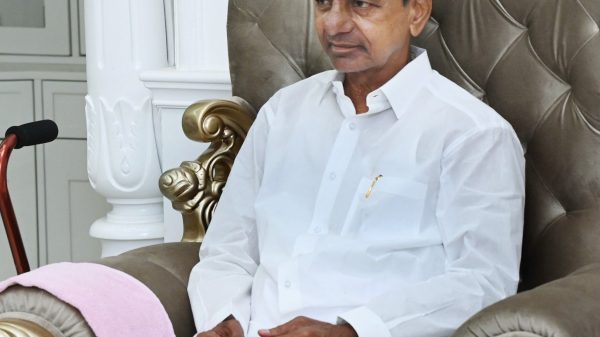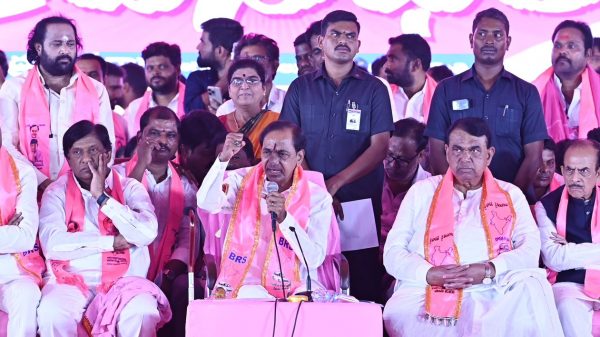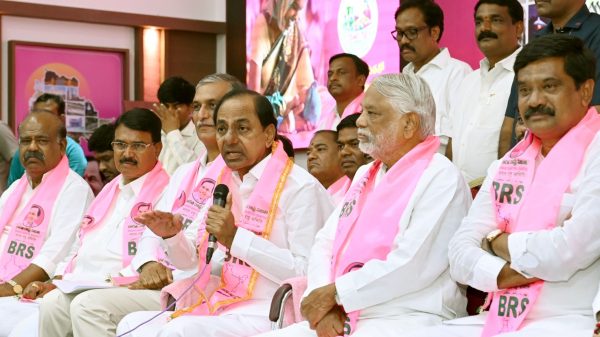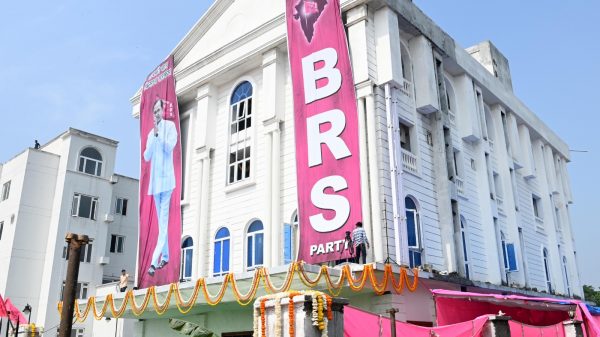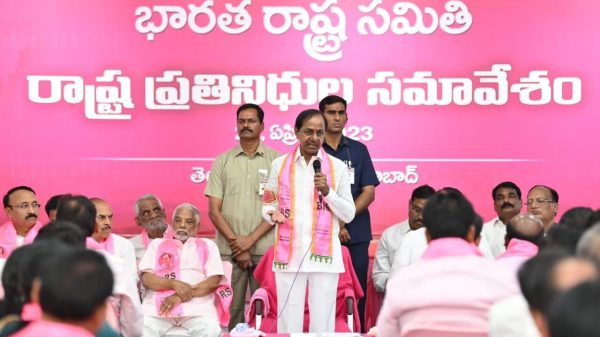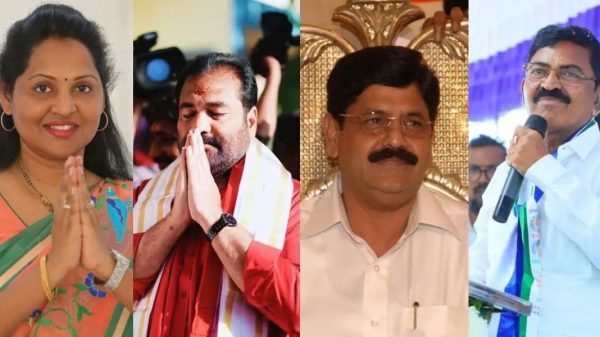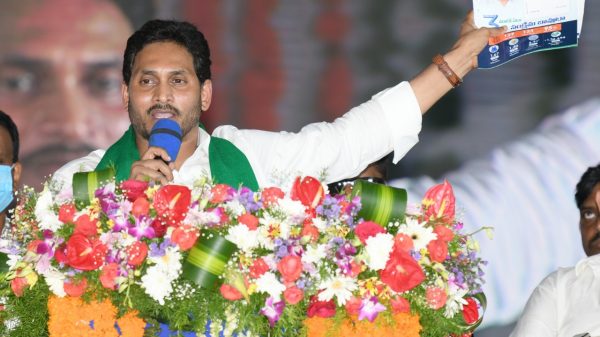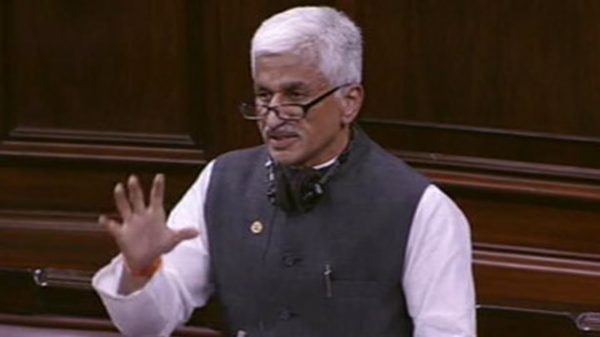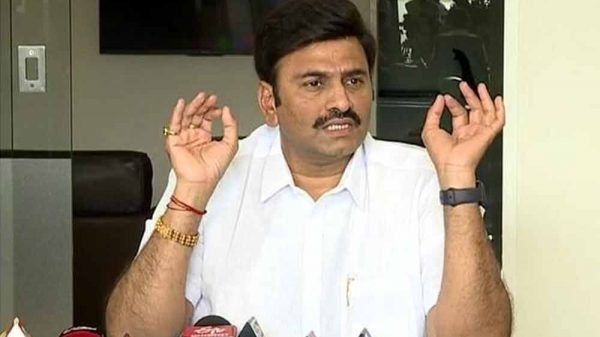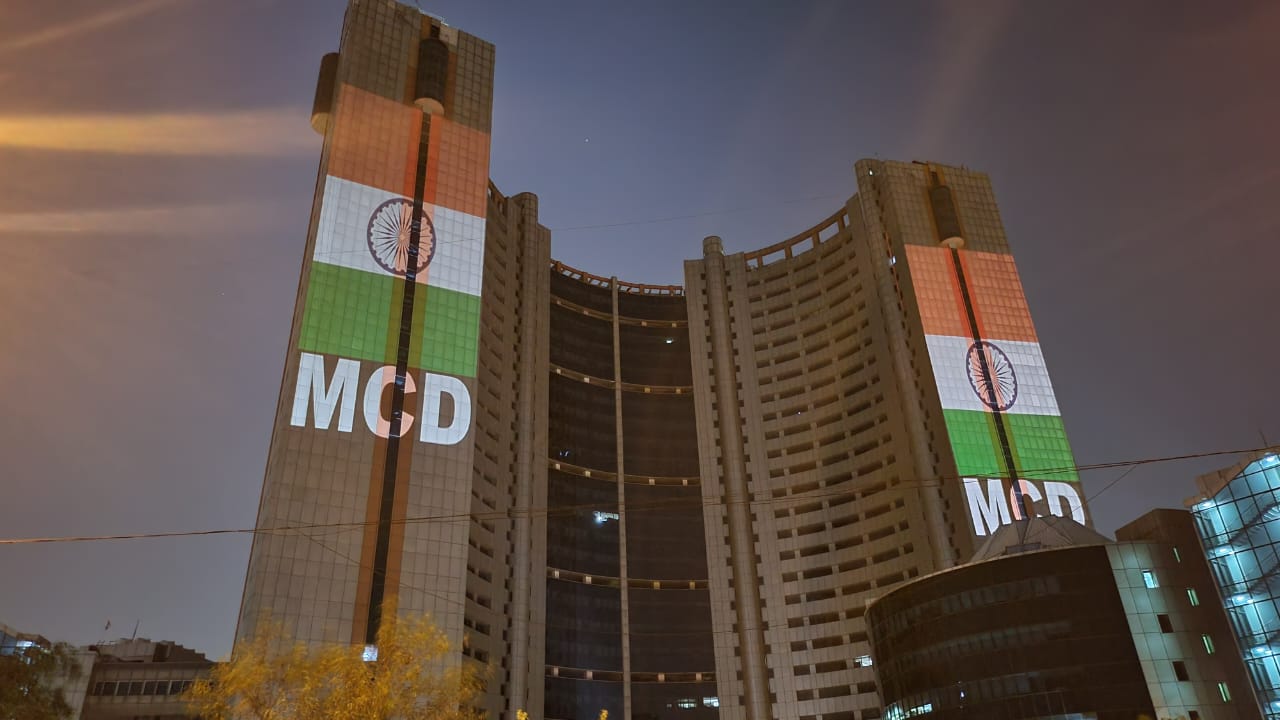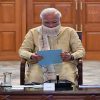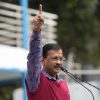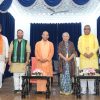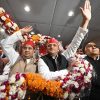NEW DELHI: In a boost for the Aam Aadmi Party(AAP), the Supreme Court on Friday held that members nominated by the Lieutenant Governor to the Municipal Corporation of Delhi (MCD) cannot vote to elect a mayor, and also ordered that the date for the much-delayed mayoral polls be announced within 24 hours.
Ending the political tussle over the voting rights of the 10 members nominated by Delhi Lieutenant Governor V K Saxena that had stalled the mayoral polls thrice, the top court observed that the MCD is an ”important global body” and the mayor has to be elected at the earliest. The results of the civic polls were announced on December 7.
A bench comprising Chief Justice DY Chandrachud and Justices PS Narasimha and JB Pardiwala directed that the election of the Delhi mayor shall be conducted at the first MCD meet for the purpose and once elected, the mayor shall preside over the deputy Mayor’s election.
The top court was hearing a plea moved by the AAP mayoral candidate, Shelly Oberoi, seeking an early conduct of the elections.
Delhi Chief Minister Arvind Kejriwal termed the court order a ”victory of democracy” and claimed that it has proved how the Lt Governor and the BJP were passing ”illegal and unconstitutional orders”.
Both the BJP and the AAP have accused each other of preventing the mayoral polls with the bone of contention being the appointment of aldermen and their voting rights as a result of which the MCD could not elect a mayor on three previous occasions.
The AAP, which has a majority in the unified MCD with 134 out of 250 elected members ending the BJP’s 15-year rule in the civic body, has alleged that the saffron party is trying to steal its mandate by giving voting rights to the nominated members. The BJP won 104 wards to finish second. Delhi’s three civic bodies were unified in May last year, ten years after it was trifurcated in 2012.
The bench rejected the submission of Solicitor General Tushar Mehta, appearing for the Lieutenant Governor, and Additional Solicitor General Sanjay Jain, appearing for the municipal body, that aldermen (members nominated by the LG to MCD) can vote in the polls.
”The Municipal Corporation of Delhi (MCD) is an important global body and it is desirable that the election to the post of mayor is held at the earliest. As a national capital it does not look good if the mayoral polls are held up,” the bench observed orally.
Referring to Article 243R of the Constitution, it said the Constitution has imposed a restriction in terms of which nominated members do not have the right to vote.
”We have heard the counsel for the parties. We are unable to accept the submission on behalf of the municipal corporation. The Constitution has imposed a restriction in terms of which nominated members who are brought in on account of their special knowledge in municipal administration could not have right to vote. The prohibition on nominated members in the exercise of the right to vote applies on the first meeting.
”The notice for the election of mayor and the first meeting of the MCD shall be issued within 24 hours and the notice shall fix the date at which the elections of mayor, deputy mayor and standing committee members shall be held,” it said.
According to the Delhi Municipal Corporation (DMC) Act, 1957, the mayor and the deputy mayor are to be elected in the very first session of the House after the results of the civic polls.
”SC order a victory of democracy. Many thanks to SC. Delhi will now get a mayor after two-and-a-half months. It has been proved how the LG and the BJP together were passing illegal and unconstitutional orders in Delhi,” Kejriwal tweeted in Hindi.
The Delhi unit of BJP welcomed the court order, saying it always wanted a mayor to be elected as soon as possible.
At the outset, senior advocate A M Singhvi, appearing for Shelly Oberoi, submitted that nominated persons cannot vote as per Article 243R of the Constitution.
”First you elect the mayor and then the mayor presides over the rest of the meeting. Your lordships should fix a date where the election shall take place. Whatever happens they should hold the elections,” Singhvi said.
The ASG opposed Singhvi’s submission and said the meeting of the municipality is different from the first meeting which is a special provision carved out for election of the mayor.
”The first meeting is the foundational meeting which is being held to bring into existence the corporation itself- the entire corporation, not just the councillor. And in the first meeting all can vote. Once the mayor is elected, only then corporation kick in,” Jain submitted.
Mehta also argued that all members can participate in the meeting.
Article 243R, which deals with the issue of the composition of municipalities, reads: ”Save as provided in clause (2), all the seats in a Municipality shall be filled by persons chosen by direct election from the territorial constituencies in the Municipal area and for this purpose each Municipal area shall be divided into territorial constituencies to be known as wards”.
The apex court had, on February 8, sought the responses of the Lieutenant Governor’s office, the MCD’s pro-tem presiding officer Satya Sharma and others on Oberoi’s plea.
Source: Press Trust of India



